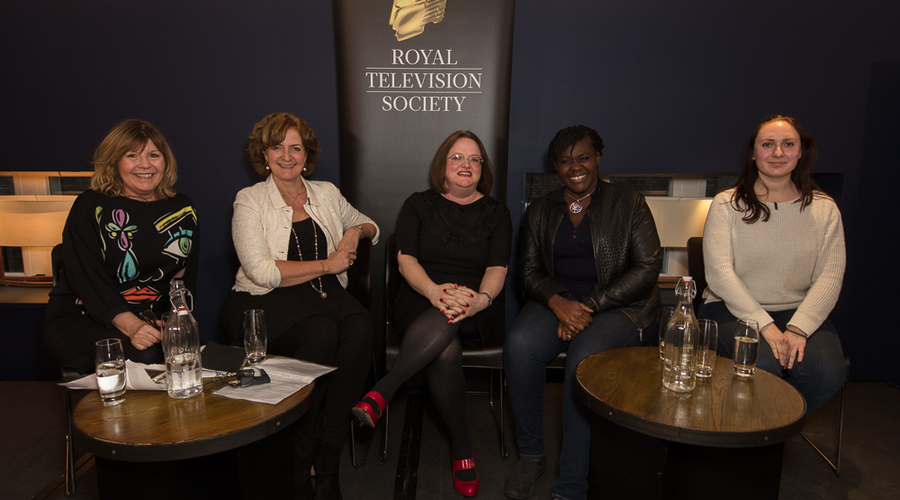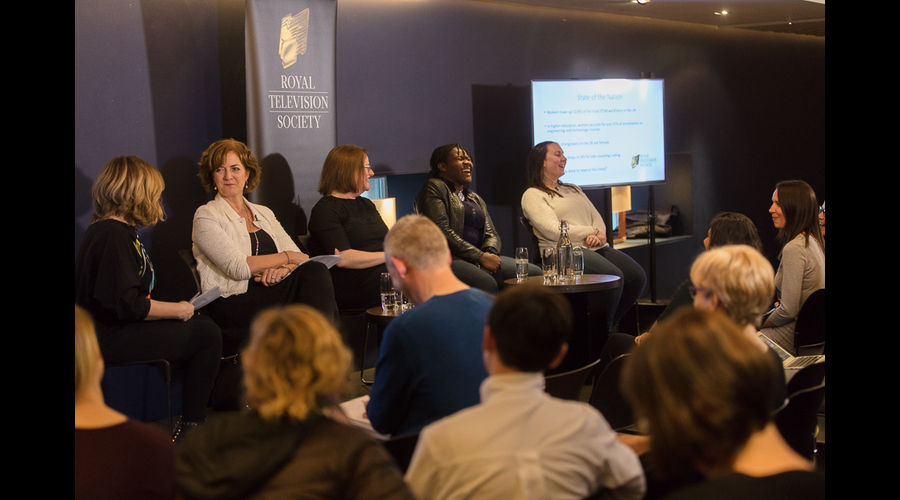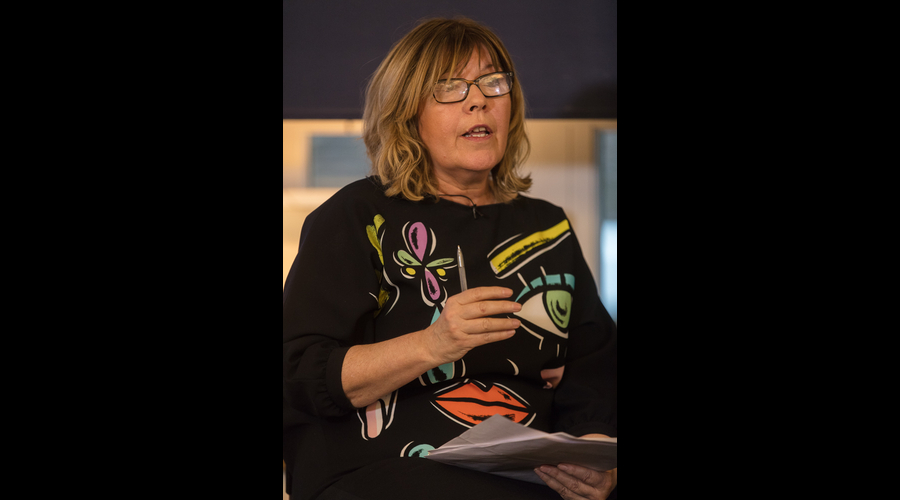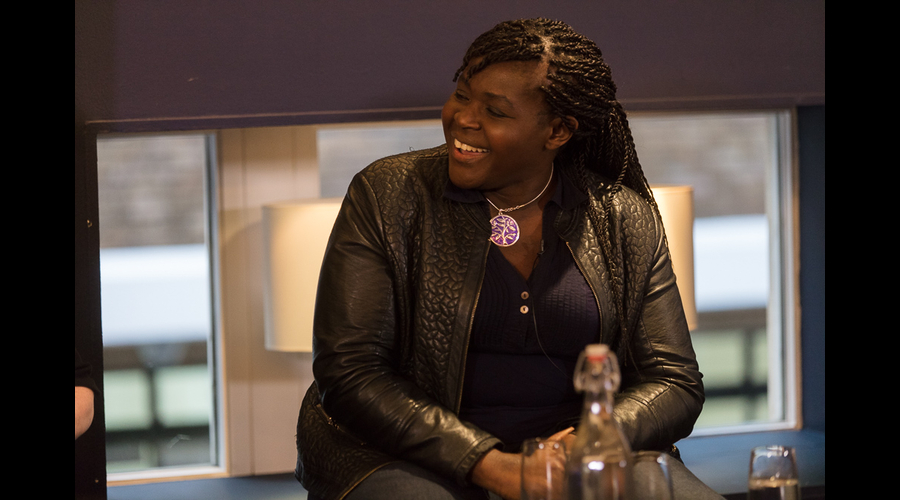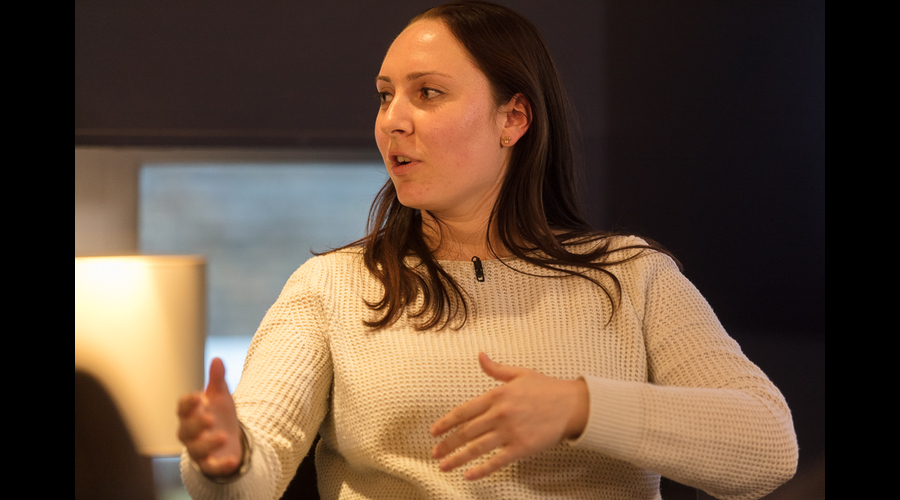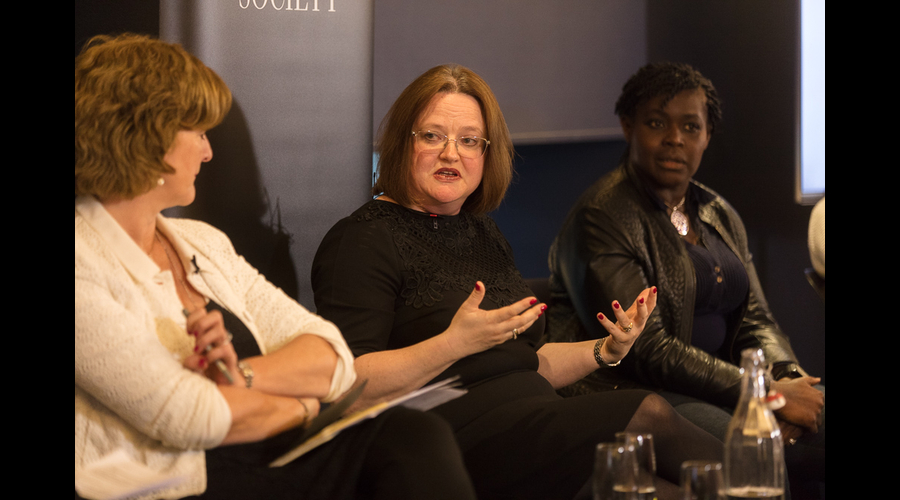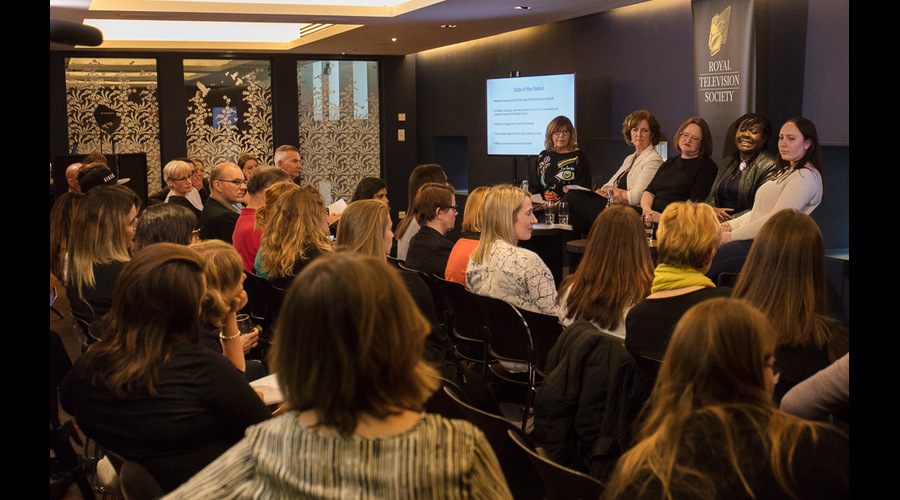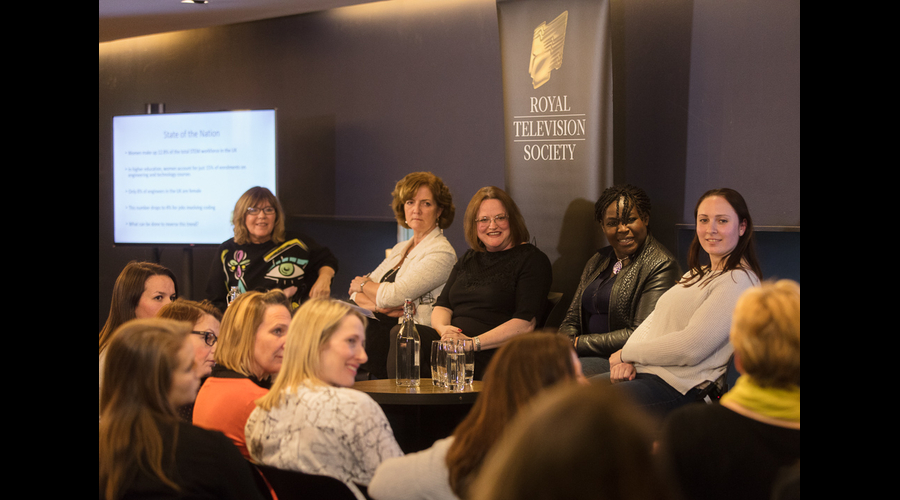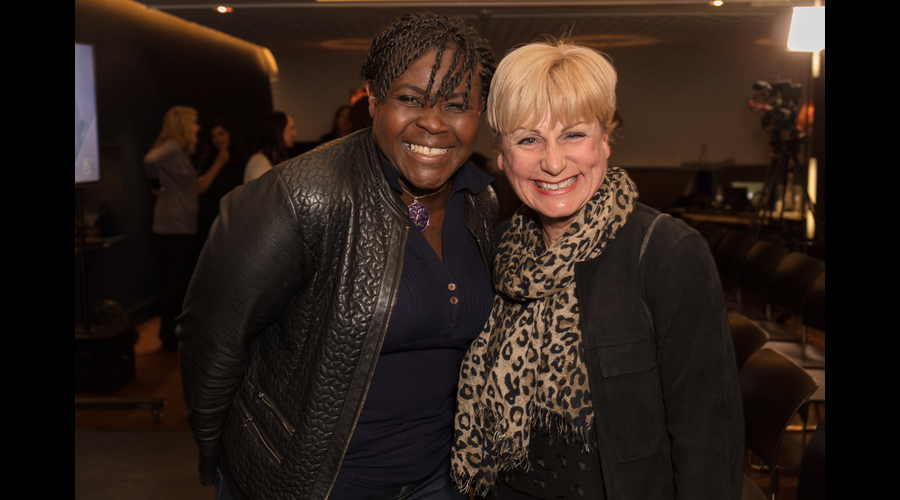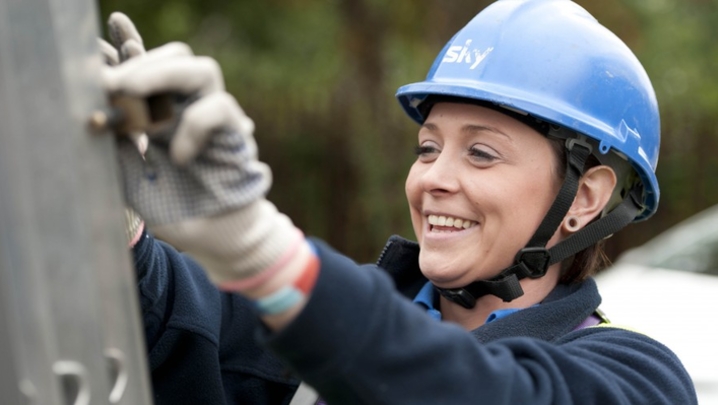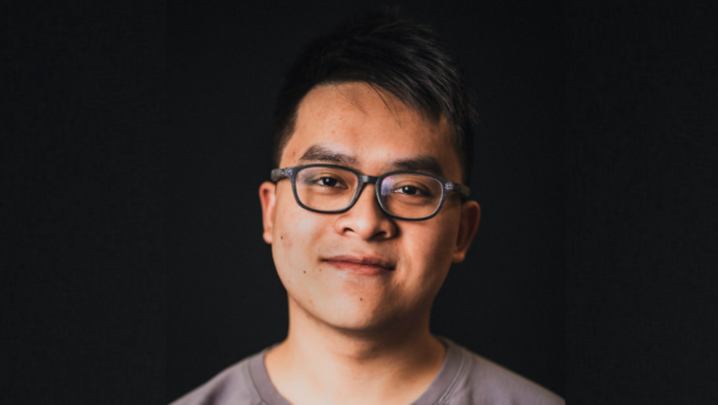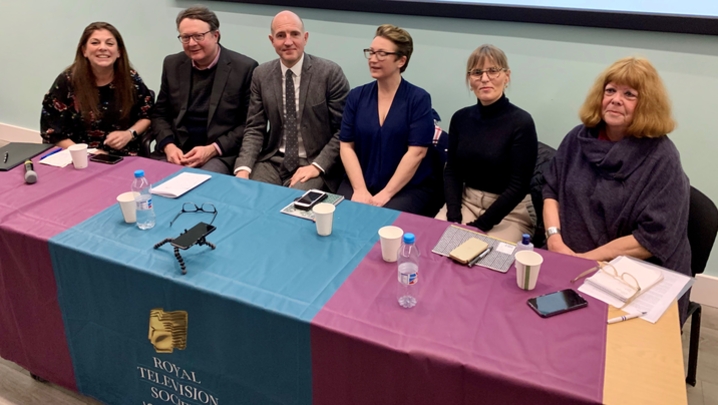As TV embraces technology, there are more jobs on offer than ever for the tech savvy. But they are not, for the most part, being filled by women.
At an RTS early evening event in late April, chaired by TV science specialist Maggie Philbin, a top-notch panel offered some solutions to a problem that affects not just telly, but the UK economy as a whole.
Women are grossly under-represented in science, technology, engineering and mathematics (STEM) – only 12.8% of the UK’s STEM workforce is female. This situation seems unlikely to change quickly given that just 15% of engineering and technology higher education students are female.
“Women are not coming into the system in the first place,” said UKTV chief technology and operations officer Sinead Greenaway. “We have to work really hard to catch children early before they opt out of [science].”
“Broadcasters have a lot to do in terms of demystifying [technology] and also inviting young people in to have a look at the range of opportunities they offer,” she added.
“There are people who will go into science, engineering or tech no matter what – I was one of them,” said Dr Maggie Aderin-Pocock, space scientist and a panellist on Sky One popular science show Duck Quacks Don’t Echo. “But there are other people who are not exposed to science. We have a responsibility to get out there and tell people about the amazing things we’re doing.”
Philbin, who has presented BBC One science series such as Tomorrow’s World and Bang Goes the Theory, is a passionate advocate for science. She co-founded TeenTech in 2008 to show young people the career opportunities in the STEM sector.
Anna Patching, a sound engineer at broadcast services outfit OBS TV, argued that women were put off pursuing a career in science by its academic reputation. “In your head, you say, ‘To be a scientist or engineer you have to have straight A*s,’ You don’t,” she said.
Patching, who received the RTS Coffey Award for Excellence in Technology in 2015, added: “To get on apprenticeships and traineeships you don’t have to be top of the class or go to a Russell Group university – you can do it if you love it.”
Aderin-Pocock pointed out that girls outperform boys at physics GCSE and A level, yet apply to study the subject at university in far fewer numbers. “That’s because they think that to be a physicist you need a brain the size of a planet. The boys apply, no problem, but girls think they’re not clever enough. We need to show [women] that they have the potential to do amazing things.”
Click here to watch the full video
Broadcasters and the major indies offer training schemes and career paths to women working in technology roles. However, much of the TV workforce is now freelance.
“It’s very hard in the freelance world,” said Sara Putt, deputy chair of Women in Film and Television (UK). She revealed that the country’s leading film schools were enrolling lots of women on their cinematography, sound and design courses, “but you look 10 years down the line and the imbalance is really kicking in – there are all sorts of challenges”.
Putt added that progress was being made: “At the moment, everybody is focused on diversity of all kinds. And, because of tax credits, the film and television industry is incredibly busy so, for once, demand is outweighing supply, which also concentrates people’s minds.
“Flexible working across the industry is starting at least to be a matter for debate. We need to keep forcing the production companies to have these conversations.”
“I’m desperately lucky – UKTV’s 60% female at every level,” said Greenaway, sounding another positive note: “TV is an industry where you can have such a happy time as a woman. There are so many things that happen in other industries that are utterly horrendous.”
“If we can fill the pool better, it’s such a delight to be here [working] in a creative [world]. TV offers so many opportunities,” she continued. “You can get to the top and do it in a way where your work is judged, not what you’re wearing.’
The RTS early evening event, “Breaking barriers: how can the TV industry encourage more women into technology jobs?”, was held at the Hospital Club in central London on 26 April. It was produced by Vicky Fairclough, Kerry Goode and Terry Marsh.

